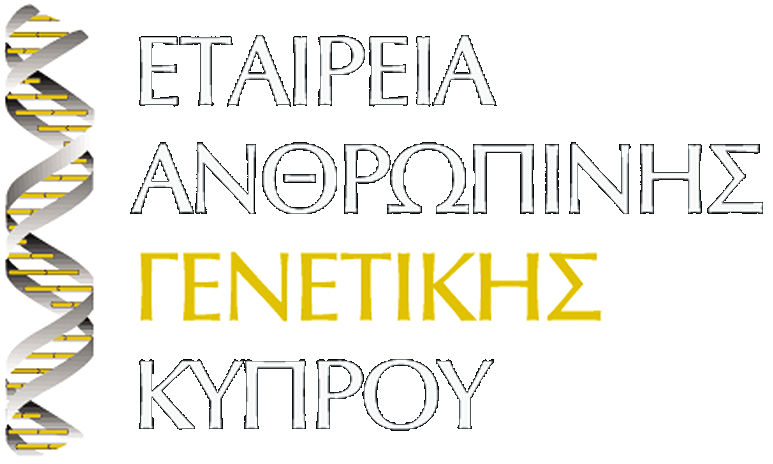Abstract
Genomic imbalances in locus copy-number are highly significant for the diagnosis and prognosis of cancer. Rapidly progressing DNA microarray technologies detect such pathogenic copy-number changes in the genome with high throughput, efficiency, and resolution. A variety of different microarray-based approaches have emerged, with array comparative genomic hybridization (array-CGH) being the method of choice in current clinical practice. Here we describe an alternative microarray-based technique called array-MAPH, derived from conventional Multiplex Amplifiable Probe Hybridization (MAPH).The main novelty of array-MAPH is the directed reduction of test DNA complexity prior to hybridization, yielding a mixture of specific probes, identical to target sequences on the microarray and thus increasing hybridization specificity. Unique amplifiable 400-600 bp fragments can be designed for any genomic region of interest, PCR-amplified, and spotted onto arrays as targets. The same sequences are combined into a probe mixture and hybridized to genomic DNA immobilized on a membrane. Bound probes are recovered by quantitative PCR and hybridized to the array. Array-MAPH can be used for the detection of small-scale copy-number changes, thereby providing new insights into the genetic basis of several diseases, including cancer.

